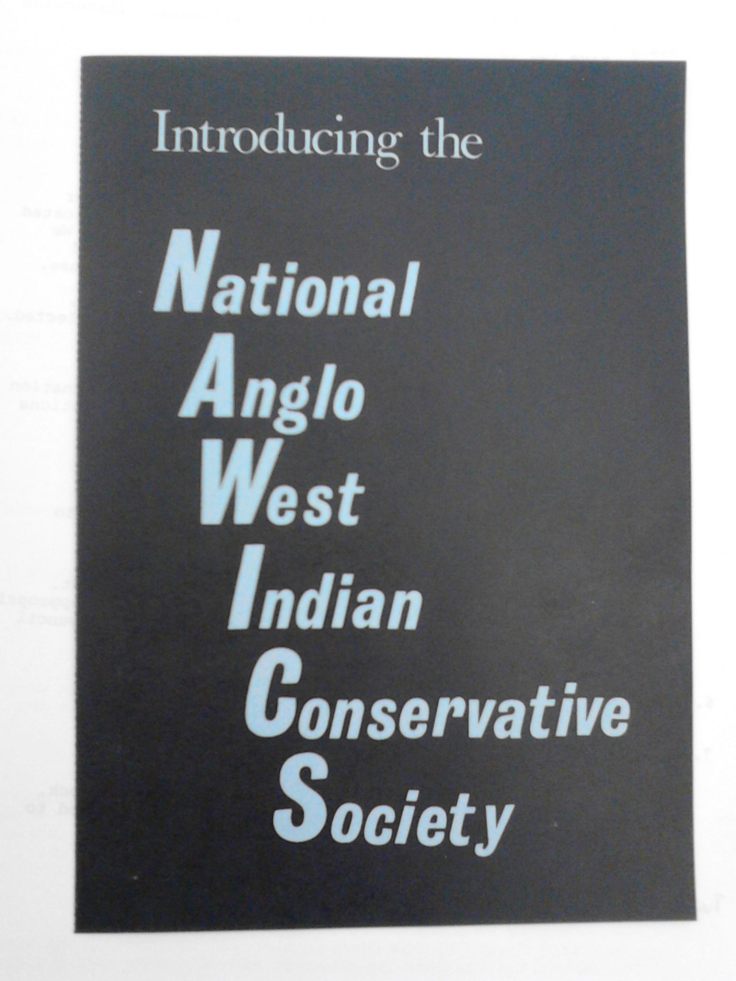Boris Johnson has – not for the first time – put his foot in it.
The Foreign Secretary and erstwhile Mayor of London was yesterday forced to apologise after discussing alcohol in a Sikh temple. Johnson had apparently been enthusing about the possibility that Brexit might boost the quantity of whisky exports to India, and had failed to realise that alcohol was prohibited under Sikh teachings. He was, very publicly, given a lesson on this point.
The sight of politicians of all parties – even the Conservatives – pursuing the votes of Britain’s minority ethnic electorates has now become a familiar part of political life. A few decades ago, however, such things were almost unheard of. Only in the mid-1970s, alarmed by back-to-back election defeats, did the Conservative Party begin to seriously consider how it might win the support of minority ethnic voters.

In 1975 the Community Relations Council produced a report which claimed that there were fifty-nine ‘ethnic marginals’, forty-three of which were held by the Labour Party. The implications of the report were clear, as Conservative Central Office staffer Andrew Rowe spelled out in an internal memo: either the Conservatives had to ‘win a proper share’ of the minority ethnic vote, or ‘we accept the US Republican Party’s fate’, concede the minority ethnic vote to Labour, and run the risk that the party might never win another election.
The party’s response was to establish a pair of new affiliate organisations with a specific remit to appeal to minority ethnic voters: the Anglo Asian Conservative Society (AACS) and the National Anglo West Indian Conservative Society (NAWICS). The societies repackaged Conservative policy in a way which was thought likely to appeal minority ethnic voters, sought to assuage fears over issues such as immigration, and were intended to act as a bridge between new black and Asian Conservatives and the party mainstream. (You can read more about these activities in my article on the AACS in Contemporary British History.)
These organisations were, however, also intended to support Conservative candidates campaigning in ethnically diverse constituencies. The AACS provided support with the production of translated literature, advising candidates on how (and whether) to translate their materials into a variety of Asian languages, and sometimes offered translation services themselves (with occasionally unfortunate results). The societies also offered candidates advice on how to behave on the campaign trail, for example when visiting temples and mosques. An advisory leaflet for Conservative candidates produced in the early 1980s warned that on such visits ‘shoes will not be worn so wear intact socks!’ Boris Johnson might wish that he had received similar advice.
By the mid-1980s the societies had a combined membership of approximately eight thousand people, and branches in more than forty constituencies. However, despite the (modest) successes of the societies, the Conservative Party chose to disband both the AACS and NAWICS in December 1986. While that decision was partly the result of internal tensions within the AACS – tensions which, as it happens, were driven by Sikh Conservatives – it also reflected a belief within the party that deliberate appeals to specific minority ethnic electorates had the potential to be counterproductive.
However, yesterday’s gaffe perhaps illustrates that the Conservative Party is not quite yet past the point of needing the support of organisations like the AACS…



Leave a comment